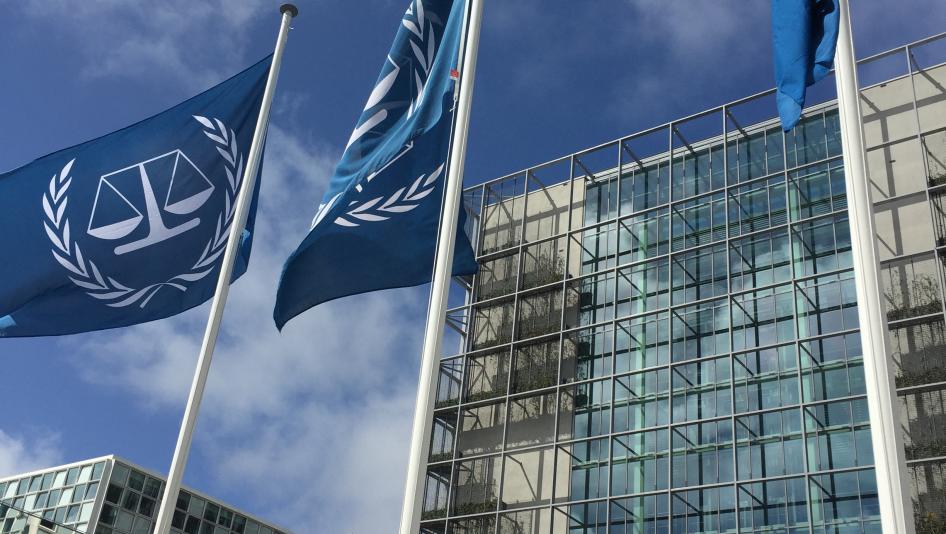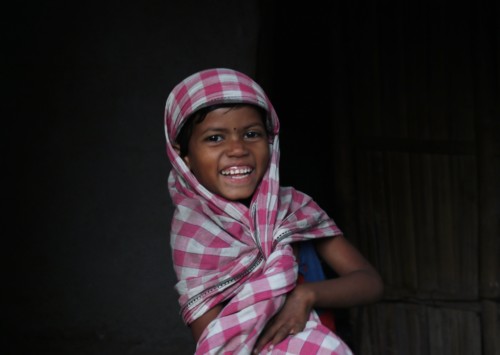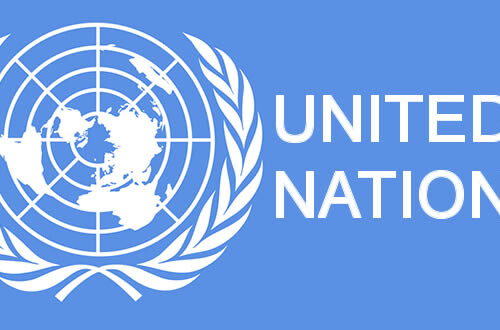International Criminal Court
The International Criminal Court is weakened by failed prosecutions and high-profile acquittals as well as refusal of countries to abide by its rulings.
These are clearly not good times for international or multilateral bodies. The World Trade Organisation (WTO) is seriously hobbled by the refusal of the United States to allow nomination of judges on its dispute panel, Japan has tossed aside the International Whaling Commission’s ban on whaling, the Climate Change Agreement of Paris remains barely on the paper that it was signed on. Joining the list of failed or at least seriously troubled multilateral bodies is the International Criminal Court (ICC), set up with much ado as a global court to which criminals, notably powerful people such as heads of states or military generals, accused of committing crimes against humanity, including genocides and war crimes, could be prosecuted and punished.
Set up in 2002 and based in the Hague in the Netherlands, there have been 28 cases brought before the court so far, and in which four have resulted in conviction. However, over the past few years, it has faced several reversals and challenges to its authority, from governments around the world. One of the biggest problems with the ICC is that if the governments do not wish to follow its rulings, there is little it can do. It draws its authority from the United Nations and being a fractious house, with leading countries following their own agendas, the ICC stands more and more like a toothless and de-clawed tiger.
In October last year, for instance, when the court ruled against the United States for reimposing sanctions against Iran in the nuclear deal, the US simply ignored the ruling and kept the sanctions. Way back in 2015, South Africa refused to honour an arrest warrant for Sudanese President Omar al-Bashir, who is wanted for his alleged role in genocide in Darfur. The court did find South Africa ‘guilty’ of not honouring its obligations, but the matter has stayed at that as the UN did not step in, despite being invited by the ICC.
Failure to prosecute
The Court has also riled many African nations, which say and perhaps with some justification, that it seems to be an anti-Africa court. Of the 11 situations under investigation currently, all are in Africa, while the Court has just begun a preliminary examination in countries like Iraq, Georgia or Columbia.
But perhaps prosecution remains the biggest weakness of the ICC. This was highlighted most recently in the acquittal of former president of Ivory Coast Laurent Gbagbo, charged with crimes against humanity following a disputed election in 2010 that left over 3000 dead. Gbagbo was arrested in 2011 following a raid by French-backed forces along with the UN. He became the first former head of state to be tried by the ICC, marking a high point for the body.
Gbagbo appeared before the ICC for the first time in 2011 and over seven years later, on January 28, the judges acquitted him, clearing him of all charges and ordering him to be released immediately. The judges said that the prosecution had failed to demonstrate “existence of a common plan to keep Mr Gbagbo in power”. The Court also said that the prosecution had failed to demonstrate that public speeches by the former President constituted ordering or inducing the crimes that he was charged with.
While the ruling was heavily cheered by several of Gbagbo’s supporters, others, mainly victims, were disappointed by the failure of the prosecution to convict the former President.
Gbagbo’s is not the only high-profile failure of prosecution at the ICC. In June 2018, barely six months before Gbagbo’s release, the ICC also freed former vice president of the Democratic Republic of Congo, Jean Pierre Bemba, who had been in ICC’s custody for over a decade and who had been convicted by the trial bench of the court of having failed to prevent his soldiers from committing murders, rapes and pillaging during the conflict between government and rebel forces. The trial bench had sentenced Bemba to 18 years in prison. The appellate bench held that the trial bench had erred in its ruling as it had failed to appreciate limitations faced by Bemba in controlling his troops.
As with Gbagbo, Bemba’s acquittal was a major setback for the prosecution at the ICC, which has also failed to gain convictions for Kenyan President Uhuru Kenyatta and his deputy William Ruto. The two had been charged with crime against humanity following electoral violence in 2007-08. After an indictment, the highly publicised trial began in 2012, the first head of state to face trial at the Court, marking a high point. However, in December 2014, in a major embarrassment, the prosecution dropped all charges against Kenyatta and Rutofor due to lack of evidence, alleging that the Kenyan government had not cooperated and prevented the handing over of crucial evidence against Kenyatta and his aide.
The ICC today stands accused of a court that can only successfully try and convict rebel leaders and not the heads of states or armies who still retain control. But for this to change significantly, the global community needs to play its role in not only helping the Court in prosecuting successfully and taking actions against the governments or leaders who do not cooperate with the Court. But their own resolve and commitment to the Court becomes hollow when prominent countries like the US walk away from court’s rulings that they don’t like.













